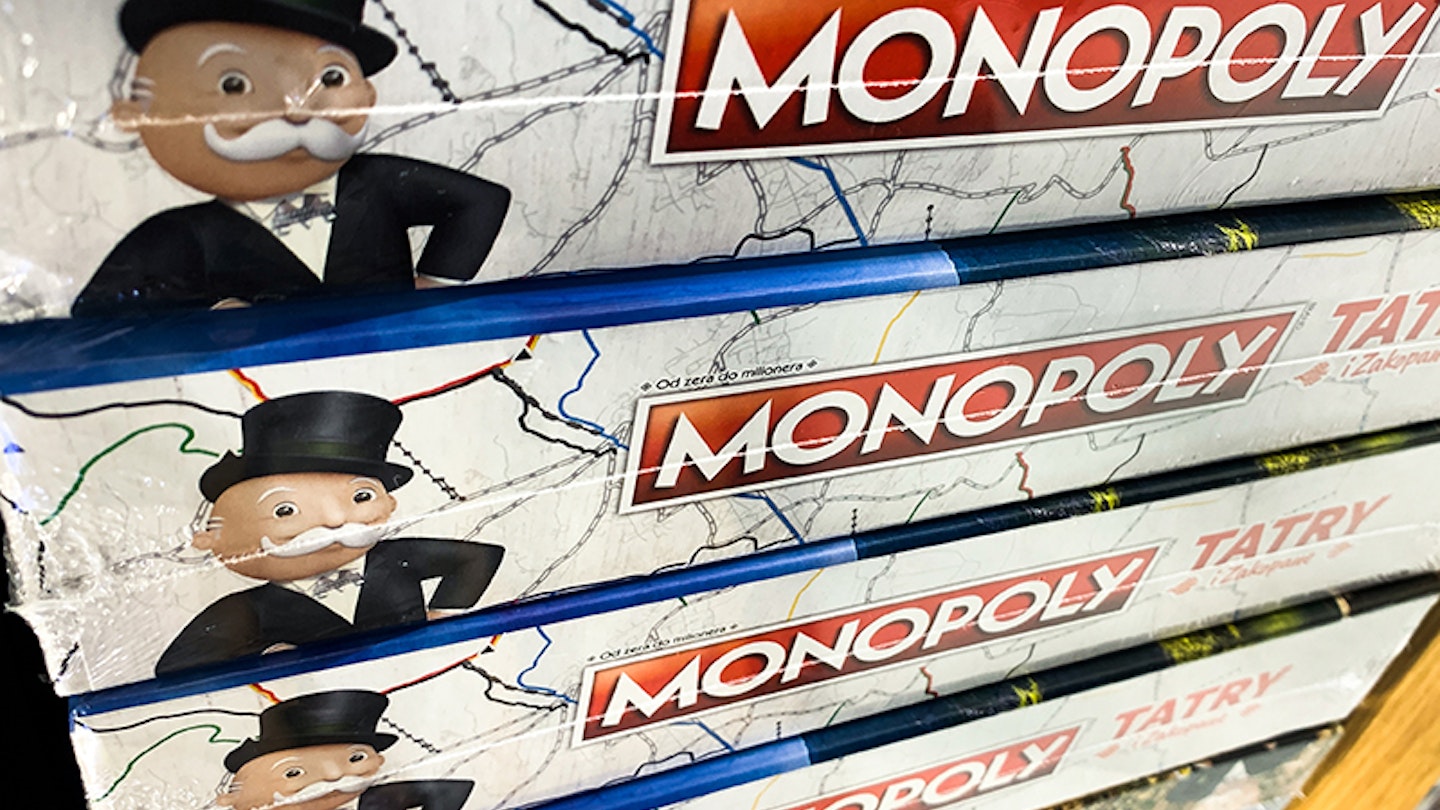There’s something about waiting on the ‘Go’ square on Monopoly, our favourite token in hand (mine’s the Scottie dog) that brings to mind so many different memories of playing board games.
For 85 years now, Monopoly has taken pride of place on the cupboard shelves of so many family homes, pulled out at Christmas or family gatherings or called upon to pass time on rainy days in the school holidays.
From the joys of winning to the frustrations of losing, and trying to resist the urge to accuse other players of cheating, it has it all. Plus sometimes we could make up our own rules. Anyone ever put all the notes from fines into the centre of the board to be won if you landed on Free Parking? And the success continues.
To date, Monopoly, today produced by Hasbro, has been translated into 47 languages, is played in 114 countries and sold more than 275 million copies. Even with the rise of new technology and video games, Monopoly has continued to hold its own.
Sales have recently soared – with an increasing drive by many to get away from only on-screen games. It’s all impressive stuff for a game that first popped up in shops 85 years ago, when a struggling Philadelphia heater salesman called Charles Darrow asked the toy makers Parker Brothers to buy a game he’d been playing with his friends.
With tokens inspired by the charms from his daughter’s bracelets, the Parker Brothers saw the game’s potential and within the year more than 278,000 games of Monopoly had been sold. By 1936 there was a Monopoly craze as the game appealed as something children, parents and grandparents could play together as well as being a cheap way to pass the evenings in a time of economic downturn.
Charles’s game was a huge hit and he turned his family’s fortunes around with the millions he made from it. The only trouble was, despite telling reporters who asked how he came up with the game that it was “a freak... entirely unexpected and illogical,” technically Monopoly wasn’t his original idea to sell in the first place.
Years before in 1903, a government typist called Elizabeth Magie came up with an idea for The Landlord’s Game, where players travel around the board buying up properties and collecting rent. As the head of her household who, unusually for a woman at the time, had saved up to buy her own property, she had progressive political ideas and wanted the board game to reflect her thoughts about the evils of monopolies.
After perfecting every little detail, Elizabeth secured a patent to The Landlord’s Game and published it with a New York-based firm. It quickly became popular, especially among intellectuals and students, and because of Elizabeth’s rally against monopolies it became known in some areas as Monopoly.
Members of the Quaker community in Atlantic City were the other big fans of the game, which is how a Quaker called Charles Todd came to play it. He subsequently taught the game to his friend Charles Darrow who realised its money-making potential.
The longest non-stop game of Monopoly on record took place in Pennsylvania in 1975. It lasted 54 hours!
Interestingly, when Charles sold Monopoly to Parker Brothers, the game manufacturer also bought up the rights to any similar games – to secure the copyright – and contacted Elizabeth Magie to pay her $500 for her game. Initially delighted with her fee, eventually the truth dawned on her that Charles had copied her game and made a mint from it.
She tried to rage publicly about what had happened but found it impossible to prove she’d created Monopoly in the first place. She sadly died in 1948, her obituary and headstone bearing no mention of her game invention, although in recent years her story has come to light and many people now accept Elizabeth as the real inventor of the game that’s become a much-loved classic for every coming generations.
Did you know? The great Monopoly escape...
During the Second World War the British Secret Intelligence Service hatched a genius plan to use Monopoly games to help prisoners of war held by the Nazis to escape. Many prison guards allowed prisoners to play board games to make them less troublesome.
So with the help of the games’ publisher, they arranged for silk escape maps, compasses, real money and metal files to be smuggled into special editions of Monopoly. Thanks to this plan, hundreds of captured servicemen managed to break out of camps and get home.
Why not head over to Facebook and join our group, FitMind50!
